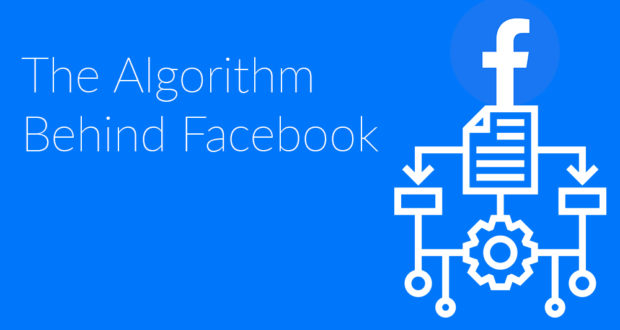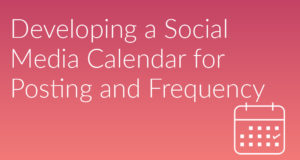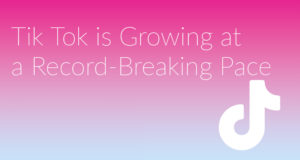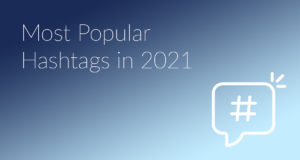Social media algorithms are essentially data puzzles that marketers are consistently trying to solve. When we hear the word algorithm, we may go straight to analytics, problem solving, and coding, which may be confusing to many consumers and marketers. Though we may not always know what algorithms are and how they work, social algorithms are not as complicated as they may seem. Social media is constantly changing. As they change, their algorithm changes as well. In 2018, Facebook took a huge leap in their algorithm updates, which fundamentally revolved around the News Feed and have kept advertisers talking. To better your understanding, we have outlined the most relevant concepts of the algorithm behind Facebook.
Facebook’s algorithm for displaying content on your News Feed is based on four factors: Inventory of the posts available for display, the signals that tell Facebook what each post is, predictions on how you’ll react to each post, and a final score assigned to the content based on the factors considered. In simple terms, the inventory represents the stock of content. The signals represent the information that Facebook can gather about each piece of content. There are active signals and passive signals. For example, active signals consist of comments, likes, replies and shares. Passive signals would include view time, story type, and the time posted. The predictions represent the behavior of each user, and if they will have a positive or negative reaction to each content piece. The final score represents the final number assigned to each piece of content.
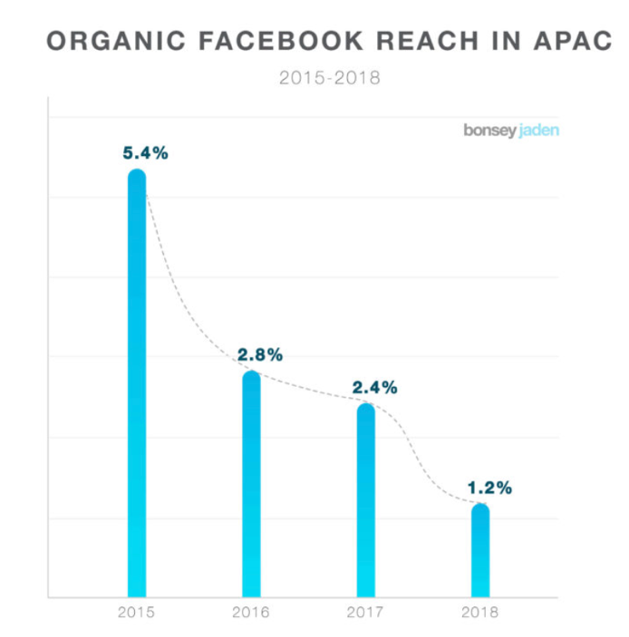
Social media algorithms are absolutely necessary. For example, every 20 Minutes, 1 million links are shared, 20 million friend requests are sent, and 3 million messages are sent on Facebook. Without a Facebook algorithm, it would be impossible to sift through all of this content. We should all be thanking algorithms for making our social media lives easier, as it weeds out content that is irrelevant.
One of the greatest updates of the Facebook algorithm is spam recognition. This helps to recognize biased content. Spam or clickbait titles used to appear way too often. With the most recent Facebook algorithm, this has decreased. With this said, there is one major downfall with the updates in the algorithm. This is organic Facebook reach. It hit an all-time low in 2018 and continued to decline through 2019. With organic reach declining, ad prices have increased, making it possible for paid reach to be a practical option for increasing ROI for social media marketers.
On October 17th, 2019, Facebook made an update to the algorithm. This update changed its time frame to filter repeated page impressions. A result of this was a more accurate depiction of organic statistics. However, this severely impacted social media managers because of the loss of organic impressions.
As we have reached 2020, Facebook has shifted their focus. Facebook is currently focused on being more transparent for its users, giving people direct control over what they see on their News Feed. Facebook has specifically stated that their focus is about helping users understand the algorithm. Now, one of the algorithm’s key ranking signals is whether a user has previously engaged with your page. A tip to configure this key signal concept for a brand is knowing the best times to post on social media. Another tip for brands using Facebook in 2020 is to applaud followers who advocate for you. Word-of-mouth is a great, simple tool that helps brand recognition. Influencer marketing is also great if your brand is up for this option.
![]()
Social media algorithms make it possible for things to be made easier on the consumer’s end. However, as we have discussed, for marketers it has been a struggle in some respects. The Facebook Algorithm is constantly changing, and like all things, may not ever be considered perfect. Social media marketing agencies will help work through this ever-evolving process to make sure your brand is recognized throughout all social media networks.
Sources:
- Tinuiti: How The Facebook Algorithm Works In 2020
- Sprout Social: Social Media Algorithms
- Omnicore Group: Facebook Statistics
- Hootsuite: Facebook Algorithm
 Social Media Data Insights & Resources for Social Media
Social Media Data Insights & Resources for Social Media
